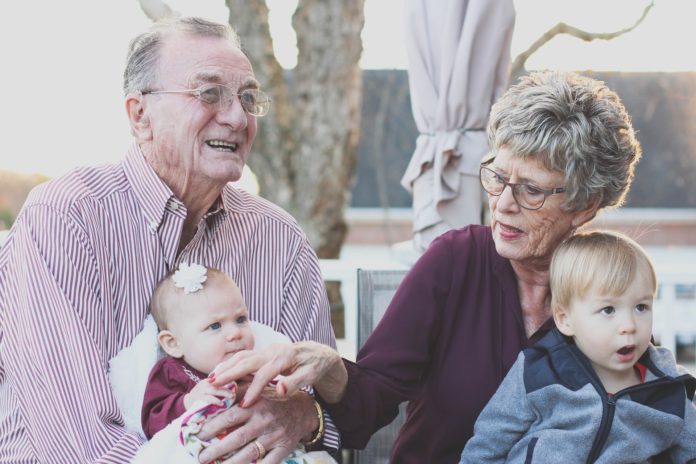
Training care home staff to conduct more social interactions helps patients
Just 10 minutes of social interaction every day can improve quality of care for dementia patients.
The average person with dementia in a care home experiences just two minutes of social interaction each day. A study found that an e-learning programme that trains care home staff to engage in meaningful social interaction with people who have dementia improves wellbeing and has sustained benefits.
The Wellbeing and Health for people with Dementia (WHELD) programme trained care home staff to increase social interaction from two minutes a day to ten. That was combined with a programme of personalised care. It involves simple measures such as talking to residents about their interests and involving them in decisions around their care.
The Improving Staff Attitudes and Care for People with Dementia e-Learning (tEACH) study, conducted by the University of Exeter Medical School and King’s College London in partnership with the Social Care Institute for Excellence (SCIE), was presented at the Alzheimer’s Association International Conference 2018.
The study involved 280 residents and care staff in 24 care homes over nine months
The study involved 280 residents and care staff in 24 care homes over nine months.
Joanne McDermid, of King’s College London, who presented the research, said: “Care home staff are under a lot of pressure – it’s a really tough job. It’s a challenging environment for both residents living with dementia and staff. Our programme moved care staff to see dementia through the eyes of those who are living it. We found a simple approach, delivered as e-learning, improves staff attitudes to care and residents’ wellbeing, ultimately improving lives for people with dementia.”
She added: “In a traditionally task -focussed work environment, our programme reminds us of the human side; of the full life experience of those living with dementia in care.”
Professor Clive Ballard, of the University of Exeter Medical School, who led the research, said: “Just take a moment to imagine life with just two minutes of social interaction each day. To accept this is discrimination against people with dementia. We urgently need to do better. Most care home training programmes are not evidence-based. We know our programme works over the long term, and we now know it can be delivered remotely. We now need to roll this out to care homes.”













always i used to read smaller articles that as well clear their motive, and that is
also happening with this article which I am reading at this place.
Comments are closed.